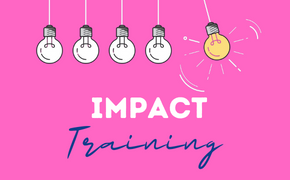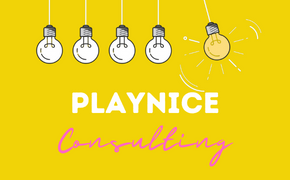As a leader, everything you do is visible, watched and judged. Yet so many of us go about our daily work with much thought of our reputation.
My client had put in very little thought, and less effort, into crafting his reputation.
- He believed his work should speak for itself
- He hated ‘tacky’ self-promotion
- He was very busy and important
- Secretly he was worried he wasn’t interesting enough (he is)
But these were excuses. He simply wasn’t prioritising reputation-raising.
And then he was made redundant.
Here’s 5 good reasons to reputation-raise on a daily basis:
- Your team needs you to promote them, because a good reputation makes their jobs easier
- Your boss needs to know, your success is their success
- Science fact: our confidence improves when we replay our achievements
- Visibility = Value. If you don’t value you, who will?
- Stakeholders are more influenceable when your reputation precedes you
In a nutshell, building your reputation will not only help your career, but build your confidence, help you realise rapid results, and build belief in your business unit as well.
Why delay?
>>What do you do to build your reputation?
Read ‘The self promotion handbook‘ by Amanda Blesing














